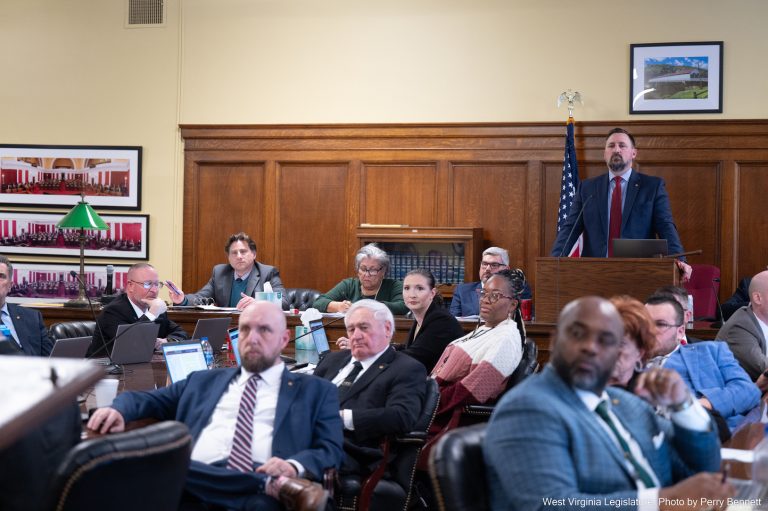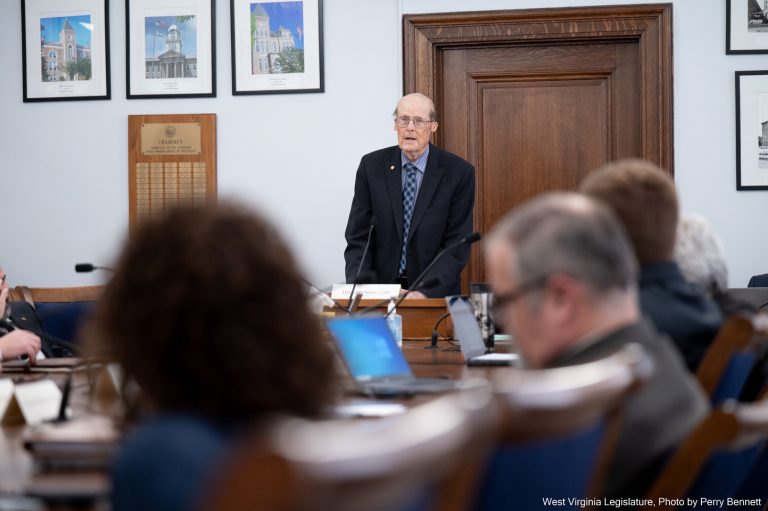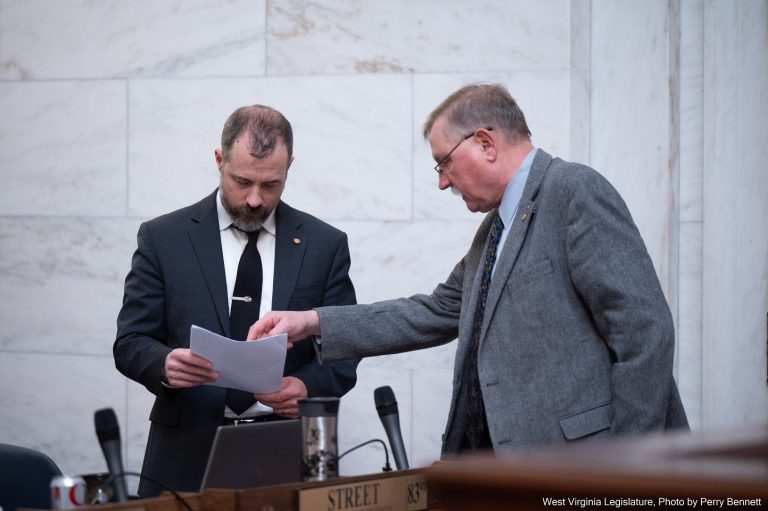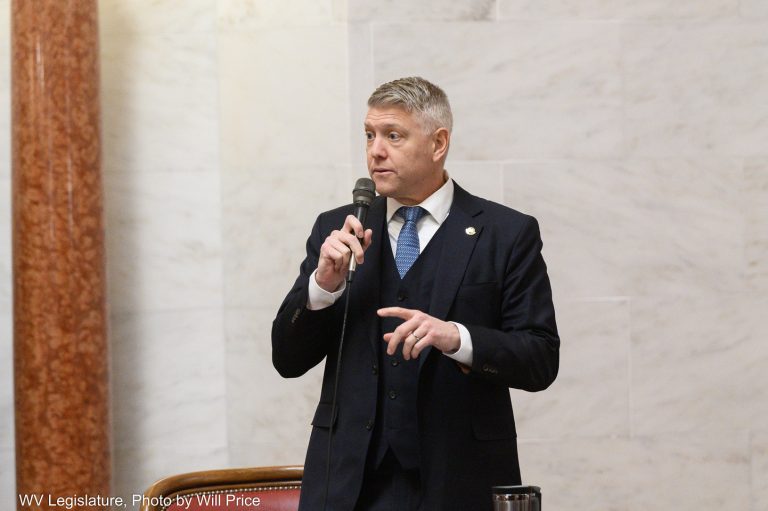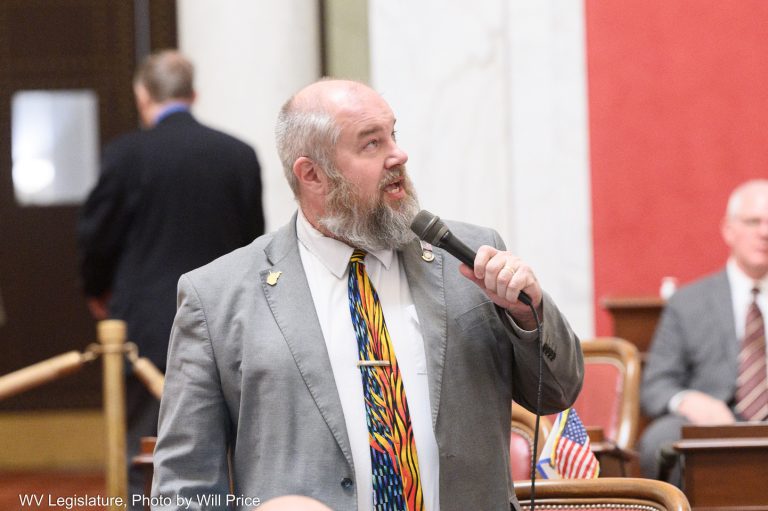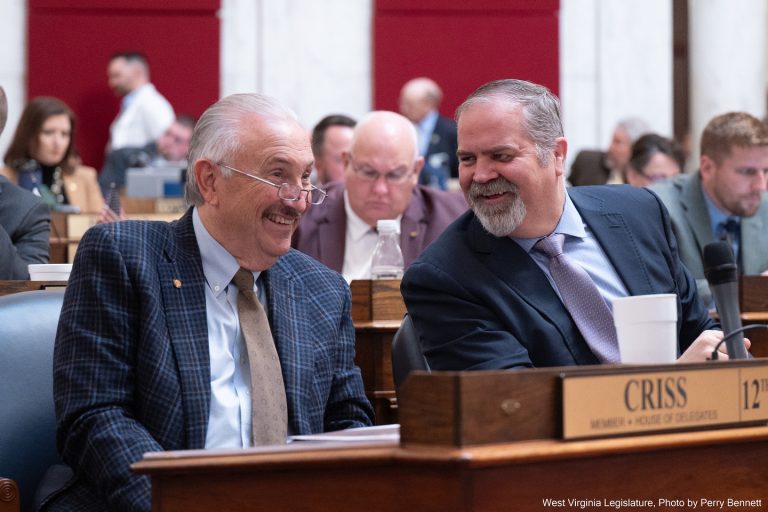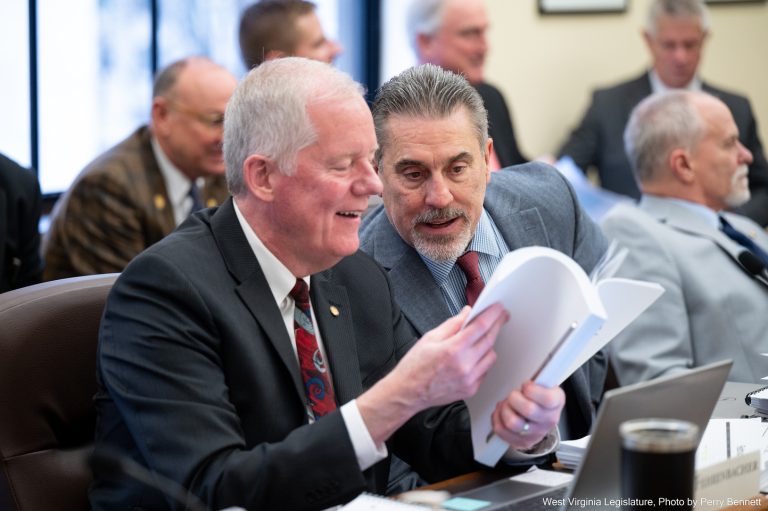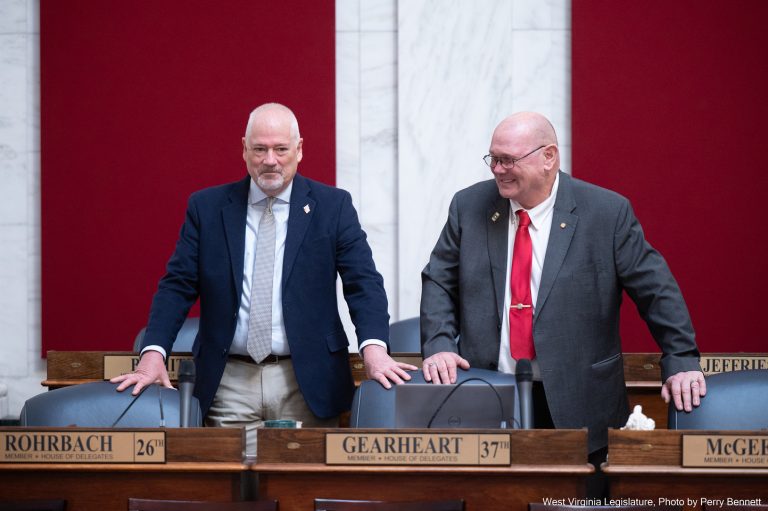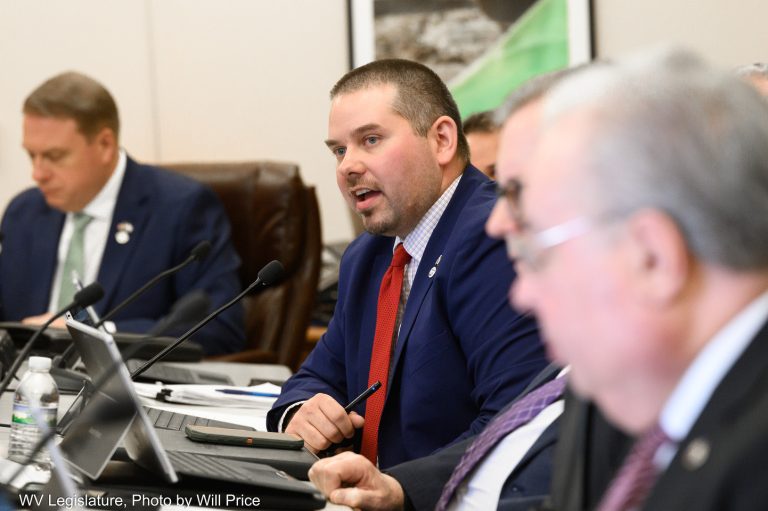The House Health and Human Resources Committee met this afternoon for a lengthy committee hearing on certificate of need repeal. Several people showed up to speak about CON and questions about patient choice, patient access, and affordability came up.
House Bill 2007 repeals the certificate of need (CON) process on January 1, 2026. The bill also terminates the WV Health Care Authority, transferring its assets and powers to the Secretary of the Department of Health. The bill was advanced to markup.
Favoring of Repealing CON
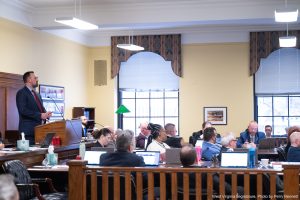
The Department of Health Secretary stated that research has suggested in states where CON was repealed more providers become available. Sixteen states have fully repealed CON. CON process is an extremely long process. He stated the purpose of a CON repeal is to improve quality of care and access to care, in addition to spur competition so there will be more providers.
When Parkersburg Health Systems merged, Memorial Health System in Ohio saw an increase in Wood County, WV patients. People in smaller areas deserve access to care. It shouldn’t be dependent on population and payer mix. In 2020, Memorial Health Systems acquired Sistersville Hospital to help provide services in Tyler County. Memorial Health System spoke in favor of CON repeal.
Representatives of the Cicero Institute spoke in favor of CON. He stated that the payer mix argument is a false narrative because of several factors in the healthcare market. He said repealing could be looked at as economic development because there may be people qualified to work in the field and living in smaller communities with limited options. Without CON, other options could open giving them options to work. They stated that repealing CON improves transparency, lowers cost, improves access to health care, and improves quality of care. He said there isn’t going to be a stream of providers coming into the State, but CON is preventing providers who may want to enter the market here. They noted that nowhere has CON reduced rural access.
A representative for the Institute for Justice spoke in favor of reform. Every presidential administration has advocated for CON laws since 1973.
The Chief of Staff of the Cardinal Institute spoke about a woman who had to go out of state for her pregnancy, as her local hospital did not have the access she needed for prenatal care. She spoke of another person who has been working to bring non-opioid pain relief care to the state. She said CON has prevented him from being able to provide this care. She stated that CONs are preventing healthcare entrepreneurs from entering the state.
A representative from Valley Health spoke in favor of repealing CON. She said that CON has served as a barrier to healthcare in the state. She mentioned the state is medically underserved. Valley Health has critical access to hospitals and smaller clinics. They are not concerned with competition putting them out of business. Critical access hospitals serve a purpose and fill a need.
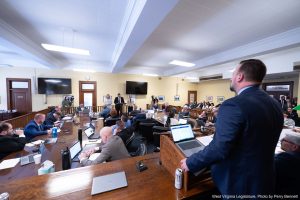 Opposing to Repealing CON
Opposing to Repealing CON
The CEO of Jackson General Hospital spoke on critical access designations and CON. To qualify as a critical access hospital, you can have to be a specific distance from another hospital, have no more than 25 beds, and have 96 96-hour or less stay; this gets a bump in Medicaid reimbursement. She stated that CON has protected these critical access hospitals. She noted that if her hospital lost the designation, the hospital would begin losing money by the next month, which means not being able to reinvest and grow services.
She stated this issue is the lack of demand in the state. West Virginia healthcare is not a free market because 75 percent of the payer is government. In Ohio, hospitals can negotiate with commercial companies to get a better payer rate.
The CEO of Mon Health spoke against repeal. He said planned competition is welcomed. However, without CON, competition could overwhelm the market with too many options and a lack of demand. He believes in CON because it’s health planning based on location and focusing on the larger picture.
The President of the WV Hospice Council spoke against repealing CON. She stated concerns about fraud within the hospice field. She clarified states vary in their CON coverage. She believes the CON standards in WV are consistent throughout the state and the hospice CON is serving the state well. Every state around West Virginia except Pennsylvania and Ohio has CON meaning WV could only go into two other states but all the states around us could come into WV. There are seven hospice houses in West Virginia which are all nonprofit. There are 18 hospice providers throughout the state, which are divided based on the CON processes.
House Bill 2354 was on the markup and passage stage. The bill bans the sell of foods containing Red 3, Red 40, Yellow 5, Yellow 6, Blue 1, Blue 2 and Green 3 food dyes in the state.


